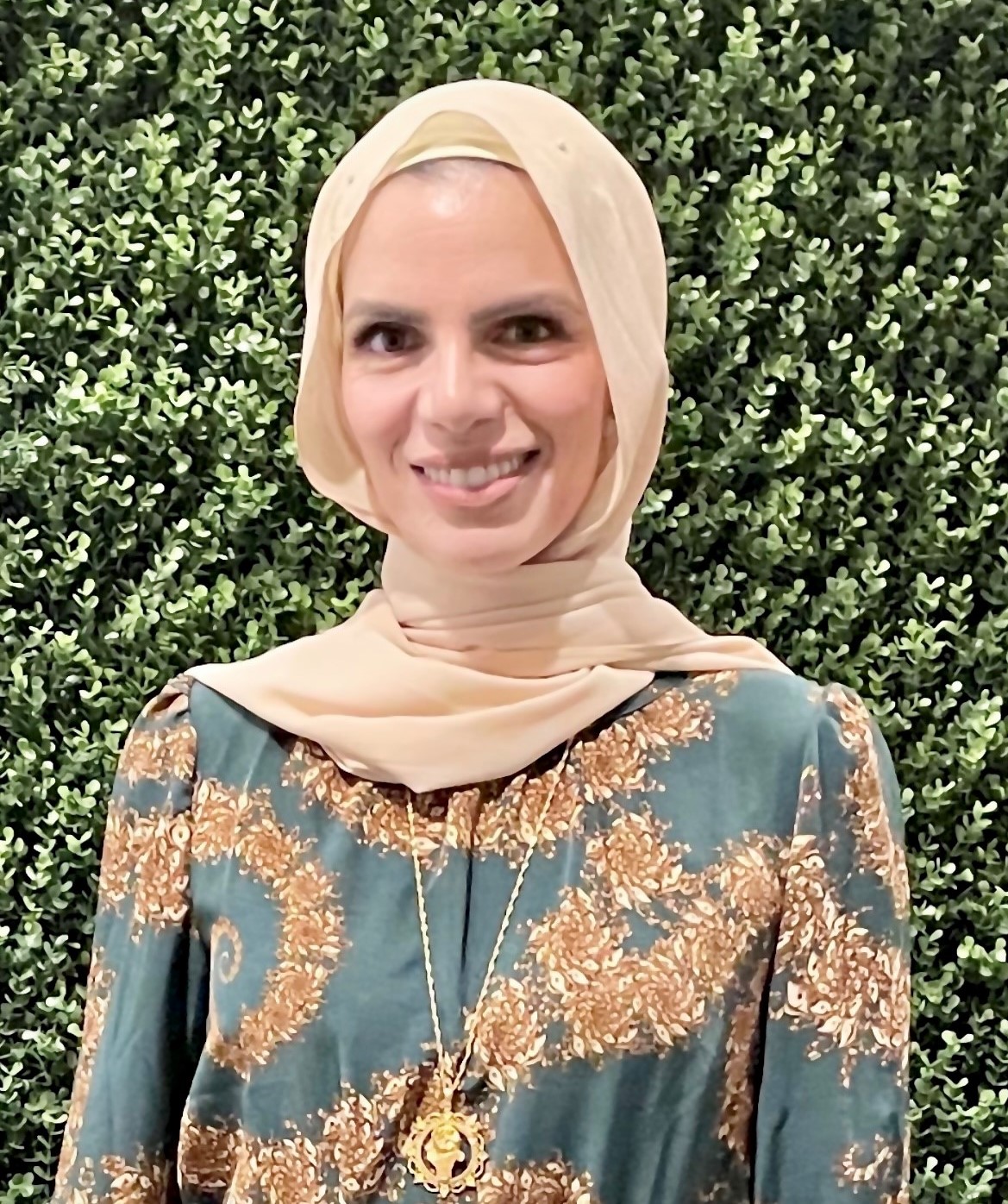Division of Research & Innovation
Graduate Student Research Spotlight December 2021
Highlighting Bilbeisi’s research to foster empowered development and improved health

Tharwa Bilbeisi is a doctoral student in the Department of Communication and Film. Her research interests lie in health equity and the socioenvironmental factors contributing to the ever-increasing health disparities, particularly among people of color. Historic disenfranchisement, political marginalization, and environmental deficiencies among low-income minority communities have perpetuated socioeconomic disparity, creating conditions of worsening chronic health and lowering life expectancy. Social determinants such as neighborhood safety, unemployment, racism, and transportation exacerbate absenteeism, poor dietary/health-related habits, and further mistrust in health systems and public aid. Low literacy levels, particularly health literacy, also complicate issues of compliance and the production of socially constructed health beliefs. Vulnerable populations, such as persons experiencing homelessness, have long suffered from almost entire exclusion from societal and scientific systems and literature. Focused research may shed light on the barriers they experience daily and provide insight into the pathways that may affect policy changes to improve their health and wellness.
The homeless problem is not a new one, but the mixed-methodological approach of this data analysis is. The health and literacy levels of homeless people are under-researched in communication studies. Her project uses ethnographic methodologies to break new ground to identify barriers and works collaboratively with the community to foster empowered development and improved health. Within the larger context of an ongoing pandemic, communal health beliefs and subsequent behavioral modifications can pose challenges to the mortality and morbidity of specific population groups. Therefore, this study is attentive to connecting the banalities of socioenvironmental and socioeconomic status to the daily lives of the people studied. The intent is to explore how this context impacts day-to-day life and to work cooperatively to identify solutions.
Throughout her research, Bilbeisi has studied socially constructed health beliefs, emphasizing vaccine-related views that have come to be associated with social and political affiliation. The global pandemic and the influence of mass media and social media outlets have led to the rise of collective thinking created by compelling narratives creating polarized debates against scientific facts. These narratives emoting personal strife tap into the power of storytelling to strengthen human bonds and develop social relationships or connections that meld anecdotal tales into beliefs that solidify opinion into fact. The anti-vaccine movement is one such interest group that has significantly impacted global mitigation efforts in the fight against COVID-19. She presented her paper on this topic during the NCA conference in November.
Bilbeisi current dissertation research continues the examination of health beliefs among a vulnerable population in Memphis by privileging the voices and experiences of those affected by homelessness. Her research utilizes ethnographic methodologies of observation and participant-based photo voice contributions to allow for just representations of individual narratives and offer stakeholder-driven pathways to enhanced policy change.
